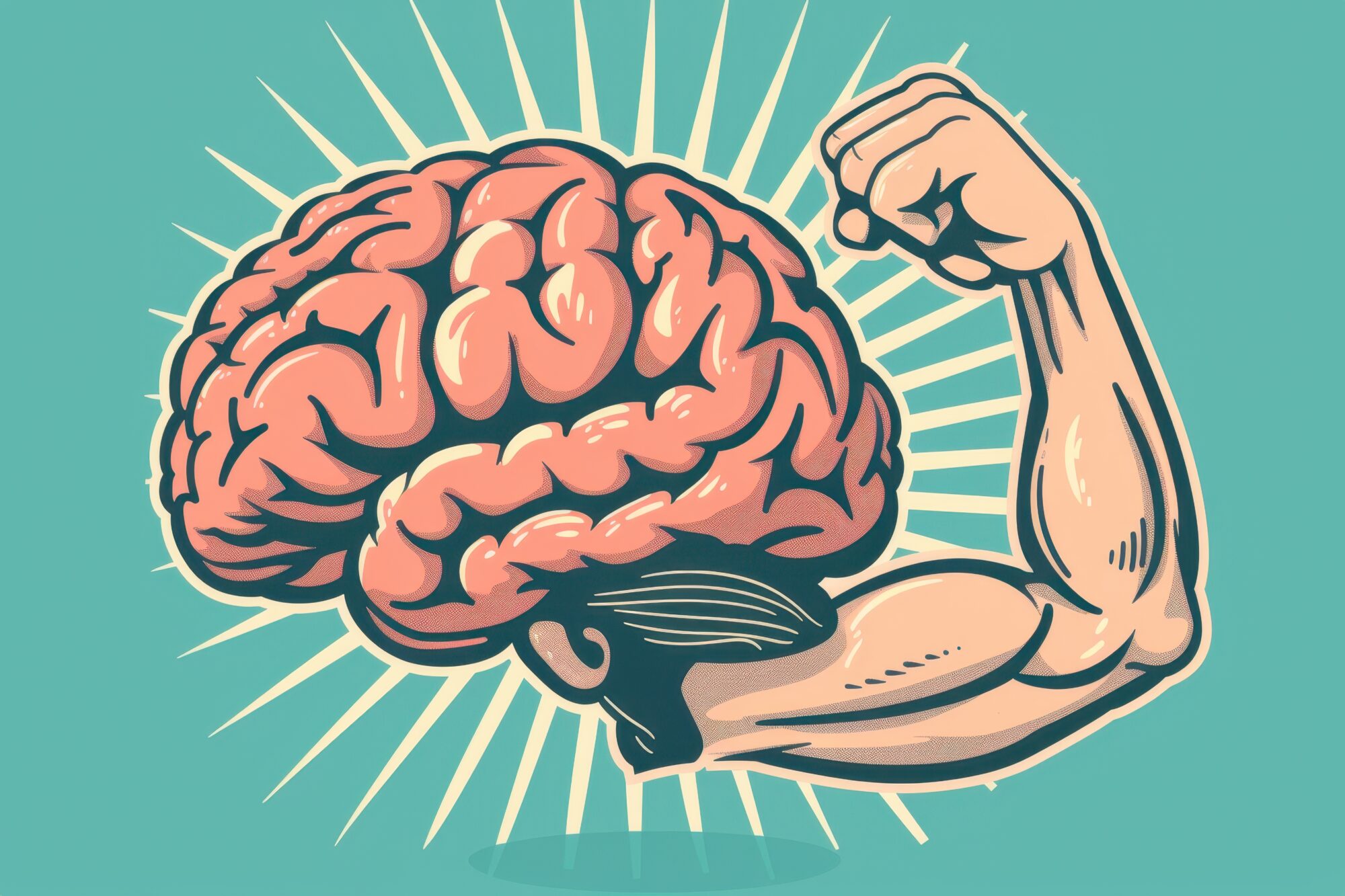When it comes to strength training, it’s not just about lifting heavy weights or racking up reps—it’s about how you engage your muscles. This is where the mind-muscle connection comes in, a concept that separates average workouts from truly effective ones and is something I’m always telling my clients to think of.
What Is the Mind-Muscle Connection?
The mind-muscle connection (MMC) refers to the mental focus and awareness you bring to a specific muscle group during exercise. Rather than just going through the motions, you consciously activate and contract the muscles you’re targeting.
Think of it as a conversation between your brain and your body. If your mind is elsewhere, your body won’t perform optimally. But when you focus intently on the movement, you’ll recruit the right muscles, improve technique, and maximise results.
Why Does It Matter?
- Increased Muscle Activation: Studies show that focused attention can increase the engagement of specific muscles. This means you’re making every rep count.
- Improved Form: When you’re tuned into how your body feels during an exercise, you’re more likely to execute the movement correctly.
- Better Results: By improving muscle recruitment and form, you’ll see faster strength and muscle gains over time.
How to Strengthen Your Mind-Muscle Connection
- Slow Down Your Movements: Perform exercises at a controlled pace. This gives your brain time to focus on the target muscle and ensures better engagement.
- Visualise the Movement: Before starting an exercise, visualise the muscle contracting and stretching.
- Focus on the Squeeze: During the contraction phase (like lifting a dumbbell in a bicep curl), focus on squeezing the muscle.
- Use Lighter Weights: Sometimes, heavy weights can shift focus to momentum rather than muscle engagement. Lower the load and prioritise control.
- Touch the Muscle: For added awareness, lightly touch the muscle you’re working on. This provides tactile feedback, which can help you engage the muscle more effectively.
Exercises That Benefit Most from MMC
While MMC is essential for all strength training, it’s particularly valuable for exercises like:
- Bicep curls
- Lateral raises
- Glute bridges
- Rows and pull-ups
- Leg extensions
Final Thoughts
Improving your mind-muscle connection takes practice, but the results are worth it. By being more intentional with your movements, you’ll unlock the full potential of your workouts and take your progress to the next level.

